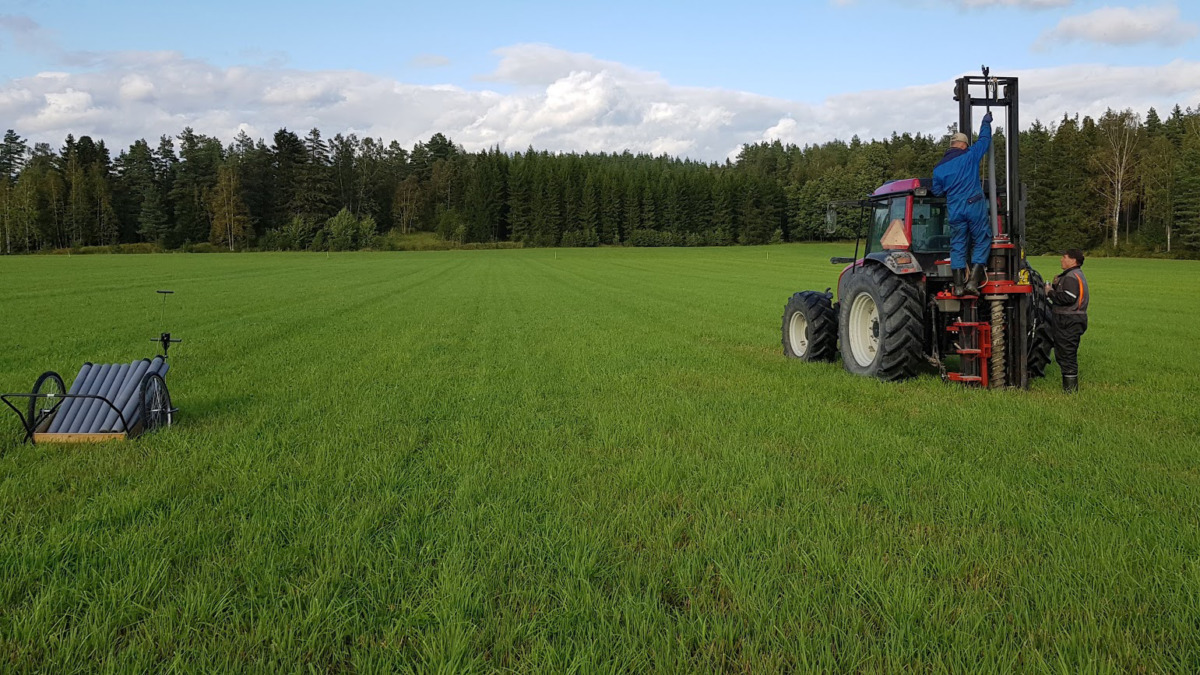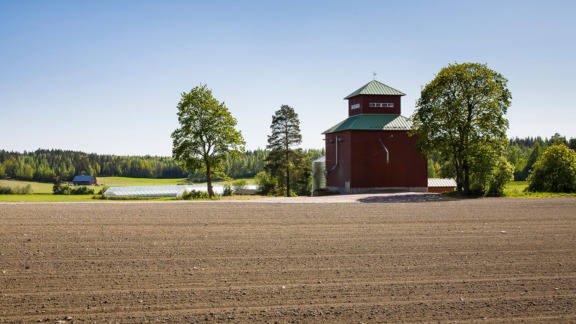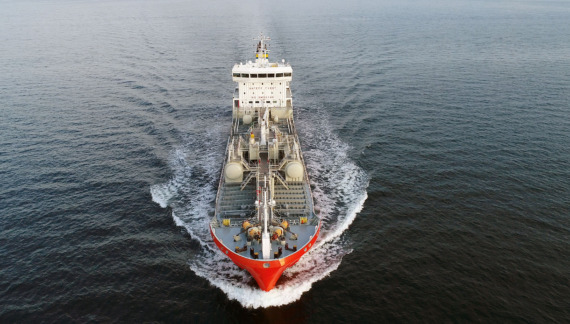SOK – FUNDING FOR REGENERATIVE FARMING RESEARCH
Carbon Action
SOK is supporting research into regenerative farming by funding soil sampling in fields.

Little is known about carbon stocks in deep soil layers
Regenerative farming enables carbon to be sequestered from the atmosphere and stored in fields. But how much carbon is there in Finnish fields right now? Soils research usually focuses on the surface layer, but the deeper underground we go, the less we know about the soil.
With the aid of SOK’s funding, researchers are determining the current carbon stock in the soil of 30 Carbon Action farms located all across Finland. Researchers from the University of Helsinki’s Faculty of Agriculture and Forestry will be responsible for studying soil samples of up to one metre in depth. This research will produce very important and unique information about carbon in the soil.
Valuable data about carbon sequestration
With the aid of SOK’s funding, soil samples were collected for study in autumn 2019. In spring 2020, SOK continued to support the Carbon Action platform’s research efforts by granting further funding for the analysis of these samples. The one-metre soil samples will provide information about variations in the amount of carbon contained in different soil layers.
Farmers of the future may work in the carbon market
In the future, farmers may be paid to store carbon in the soil. In order for this to be possible, basic research is required to produce the data that would be necessary to create a verification system for carbon storage under various conditions.
Traditional sources rarely finance demanding and resource-intensive sampling and background studies, so without SOK’s funding, there might not be any research into the carbon stored in deep soil layers.
Collaboration began in 2019.
Key figures for soil samples
Number of soil samples taken:
30
Depth of each soil sample:
1 metre
Samples to be analysed in:
10 cm sections
We want to be forerunners in enabling research that will have a significant impact on the climate. Without the scientific verification of soil carbon storage, we won’t be able to make progress with genuine carbon offsetting. We’re particularly interested in this, as in addition to our number-one priority of reducing emissions, we also need new ways to attain our carbon negativity targets.
Nina Elomaa, Senior Vice President Sustainability, S Group
CONTACT US





